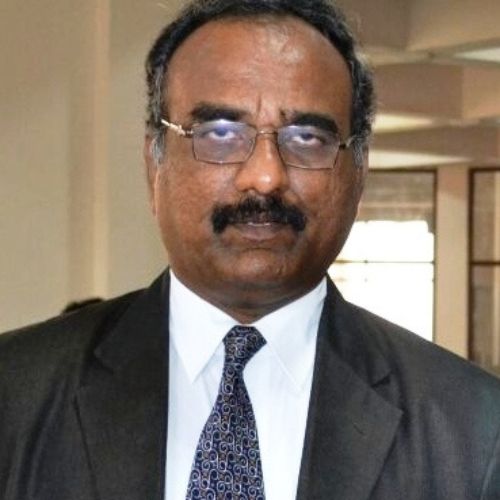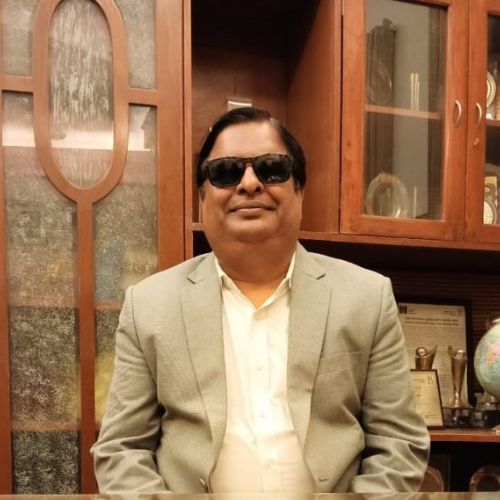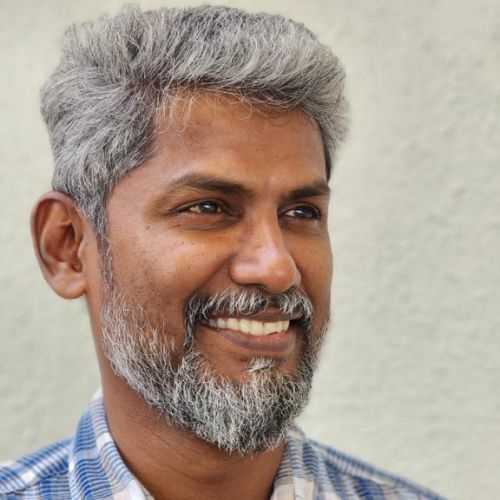CEHAT is running a 24*7 helpline to respond to women and girls facing violence .Please call this number 9029073154 for support and assistance.
As a health research institution, CEHAT is not a conventional “people’s organisation,” and does not pretend to be so. But its identification with people’s movements and organisations is more in terms of selecting socially relevant, pro-people themes and topics for research to strengthen people’s health movement and to realise the right to health and health care. Our research is not undertaken with mere academic interests, rather we take efforts to share the findings with grassroots organisations and make the research findings usable for social change, campaigns and advocacy.
In our quest to build an institution having high professional standards with an explicit commitment towards the grassroots, we have gradually evolved and implemented four basic and complimentary principles: Social Relevance, Ethics, Democracy and Accountability.
Research AreasSocial Relevance
Human rights, equity and empowerment are not mere matters of information, but they hold a prominent place in the selection of themes and topics of the research.
Ethics
Social research is not merely a ground for experimentation or an intellectual exercise to discover unexplored terrain; it's an advancement of a social commitment. We uphold high ethical and human rights standards while undertaking research, action and advocacy.
Democracy
Human rights concerns from research processes guide the CEHAT’s internal environment i.e., institutionalisation of democracy in the internal structure and functioning of CEHAT.
Accountability
Readiness for transparency, accountability and auditing is an integral part of sustaining democracy as well as autonomy of the research, researcher and the institution.
Our Aim
Socially relevant and rigorous academic health research and health action at CEHAT is for the well being of the disadvantaged masses, for strengthening people's health movements and for realising the right to health and health care. CEHAT acts as an interface between progressive people's movements and academia.
Our Strategies
Undertake socially relevant research, advocacy and welfare projects on various socio-political aspects of health. Establish direct services and programmes to demonstrate how health services can be made accessible, equitably and ethically. Disseminate information through databases and relevant publications
Our Trustees
The Trustees of the Anusandhan Trust constitute the governing board of CEHAT. The Trustees are responsible for CEHAT’s vision and mission, provide guidance to researchers and the administration, and act as a sounding board and the final authority for grievance redressals.

Prof. Dr. Patel is an Economist and the Managing Trustee of Anusandhan Trust. She was a former Vice- President of Indian Association for Women’s Studies. Also a Expert Committee member of School of Gender and Development Studies, IGNOU, Delhi. Prof. Dr. Patel was a faculty at the Advanced Centre for Women's Studies, School of Development Studies, Tata Institute of Social Sciences until her retirement in 2020.
Dr. Mankad is a graduate in medicine and a leading spokesperson on Primary Health Care in Maharashtra. Dr. Mankad is currently on the VACHAN Board as the Secretary and is a consultant with HCL Foundation, Noida. A former MacArthur Fellow, he also has prior experience working as a senior consultant with the School of Health Science, Yashwantrao Chavan Maharashtra Open University, BAIF, Tata Trust, Action Aid, UNFPA, and many more organisations.


Dr. Swaminathan’s work is focused on industrial organisation, labour, occupational health and skill development – from a gender perspective. She is the former Director of the Madras Institute of Development Studies, Chennai, where she also held the post of the Reserve Bank of India Chair in Regional Economics till her retirement from the Institute in 2011. Afterwhich, she was Professor and Chairperson of the School of Livelihoods and Development, TISS Hyderabad until 2017. Currently, she is on the editorial boards of several journals including Gender Technology and Development, and the Indian Journal of Gender Studies. She is a Board member of the Institute for Studies in Industrial Development, New Delhi; SAMA-Resource Centre for Women, New Delhi; Anusandhan Trust, Mumbai.
Dr. Prakash is a sociologist, academic journalist, and women’s rights activist with a specialisation in the sociology of medicine and health and the sociology of sports. She is a Editor/Director, eSocialSciences, an Asia focused repository and publication space, a unit of IRIS Knowledge Foundation. She was formerly Acting Editor/Associate Editor of Economic and Political Weekly.


Dr. Sagade retired as Director of Women’s Studies Centre and Vice-Principal at ILS Law College, Pune, where she taught Women and the Law, Family Law and Human Rights for 32 years. Her research and publications are focused on gender equality, women’s rights, and right to health. Dr. Sagade has worked extensively with national and international academic institutions and NGOs, UN agencies such as WHO, and the Government of India and Maharashtra.
Dr. Deshpande gave up his clinical practice in 1993 and began working in the field of Health Communication for 27 years. Dr. Deshpanded founded Aarogya Bhan Collective (AaBha) to champion Health Communication as rights based work that is firmly rooted in community engagement. He has been able to reach out to about more than 30,000 people through its various activities and training workshops. He has worked with children, teachers, youth, various health service providers (ASHAs, Anganwadis, doctors etc) ashram schools, sex workers, NGOs, and govt agencies and is associated with 67 organisations through this work.


Dr. Jagadeesh N. is Professor of Forensic Medicine at Vydehi Institute of Medical Sciences, Bangalore. He has been honorary consultant with CEHAT since 2007 and has played a key role in designing the comprehensive healthcare response model to sexual violence. He has led as faculty for training of healthcare providers on medical ethics, domestic violence and medical examination of sexual violence cases. He is currently a member of the policy and clinical practice guideline development group for responding to violence against women, appointed by the WHO. Dr. Jagadeesh N has been on the faculty of the Gender Mainstreaming in Medical Education program. He is former president of the Karnataka Medico-Legal Society. He is former Editor of the Journal of South India Medico-legal Association and is associated with Forum for Medical Ethics Society / Indian Journal of Medical Ethics. He was honorary faculty at Virtual Medical University, Hyderabad.
Dr. Sanjay Jain has a teaching experience of 25 years across institutions including the Postgraduate Department of Law, University of Nagpur; Savitribai Phule Pune University; Bharti Vidyapith’s New Law College, Pune; MP Law College, Aurangabad; and most recently the ILS Law college, Pune where he taught for 14 years and also held additional charge as Principal from 2020-2022. Dr. Jain self-identifies as totally blind since birth and is passionate about disability rights. In 2004, he received the National Award in the ‘Employee Category,’ instituted by the Ministry of Social Justice and Empowerment, from former President of India, Dr. A.P.J. Abdul Kalam. Recently, his scholarships have been cited by Hon. Justice D Y Chandrachud, Supreme Court of India in (i) Vikash Kumar v Union of India Feb 2021, which held that an individual suffering from dysgraphia or writer’s cramp is entitled to a scribe in the Civil Services Examination; and (ii) The State of Jharkhand V Brahmputra Met. Ltd. Dec 2020.


Ameer Khan K. is a Co-Coordinator-SOCHARA. The Society for Community Health Awareness, Research and Action (SOCHARA), a community health and public health organization where he makes contribution towards Training & Research Associate and Coordinator CEU, Tamil Nadu. He has dedicated 2 decades of efforts towards community health action through research, enquiry, reflection, innovation and taking into account the socio-political-cultural-economic-environmental context. This ‘community health’ approach is also being nurtured in the next generation of community health leaders through its fellowship and other training programmes.

CEHAT is running a 24*7 helpline to respond to women and girls facing violence .Please call this number 9029073154 for support and assistance.